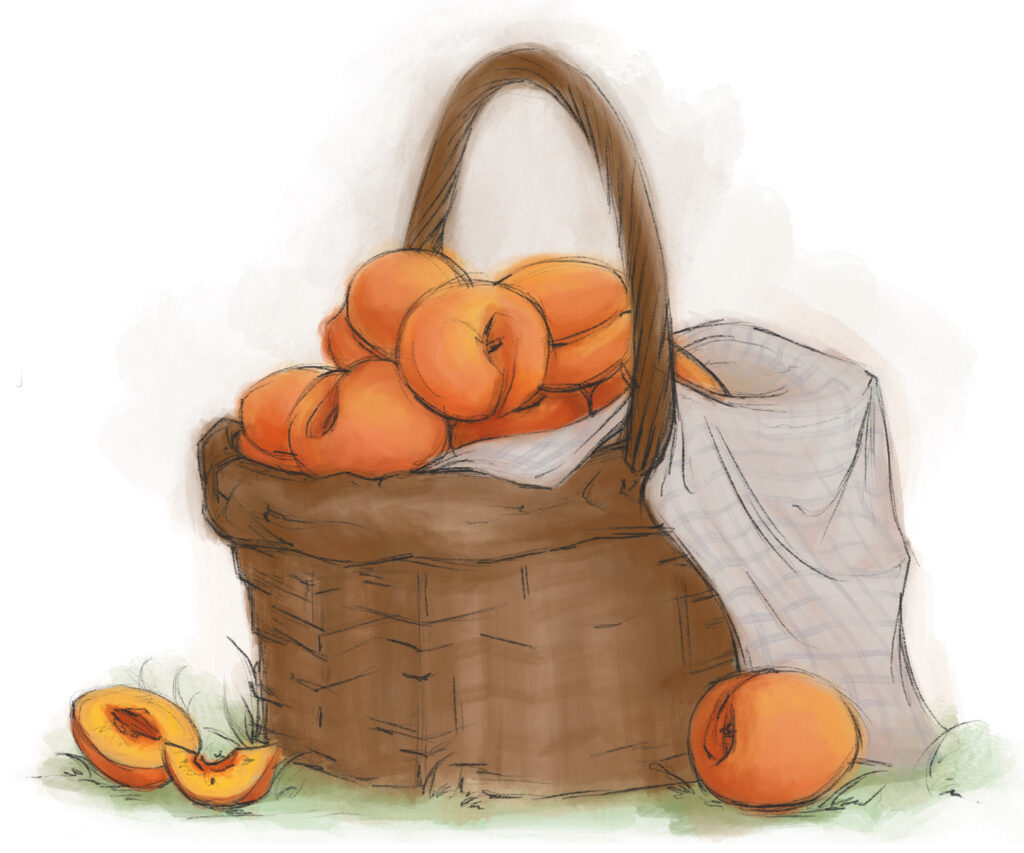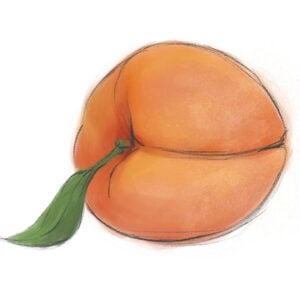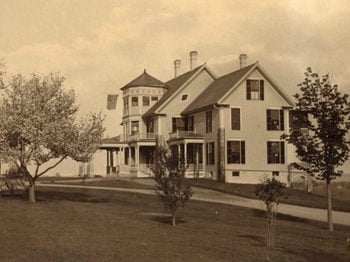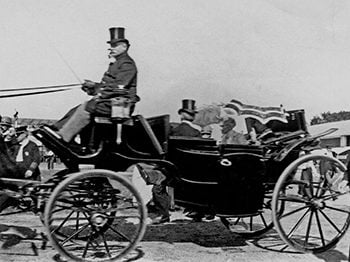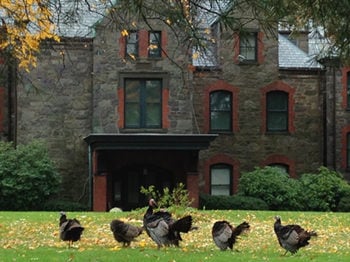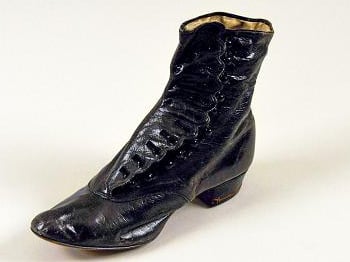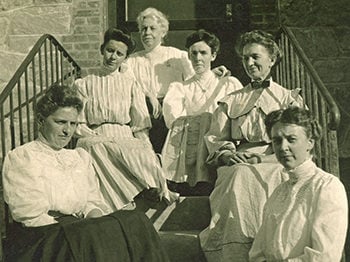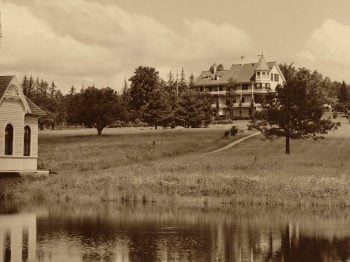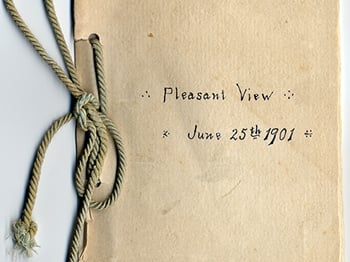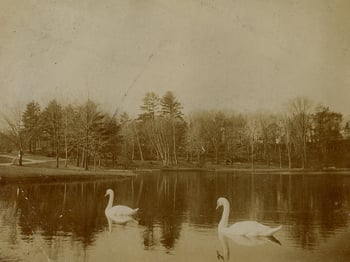 Did you ever do something naughty you knew you shouldn’t do, but you didn’t know how to stop? Or has someone ever bullied you who really knew better?
Did you ever do something naughty you knew you shouldn’t do, but you didn’t know how to stop? Or has someone ever bullied you who really knew better?
Here’s what Mary Baker Eddy did when someone was bothering her. Don’t worry, the story ends happily. Sweetly, even.
It was 1908. Mrs. Eddy had moved from her farm, Pleasant View, in Concord, New Hampshire, to a big house in Chestnut Hill, near Boston. By then, she was very famous. She and her helpers traveled to the new house on a special, private train. But reporters in Concord saw her leave and told reporters in Boston. When she arrived at her new home, there they all were, trying to get a story for the newspapers.
Mrs. Eddy asked her helper and handyman, John Salchow, “Can you get me out of this, John?” He just picked her up and carried her straight through the crowd, through the front door, up the stairs, and put her gently into a chair in her new study.1
Mary Baker Eddy was what we would call a celebrity today, but she didn’t want to be one. In Science and Health with Key to the Scriptures, she explained that she was very busy with her work: “It has been said to the author, ‘… Why do you not make yourself more widely known?’ Could her friends know how little time the author has had, in which to make herself outwardly known except through her laborious publications,—and how much time and toil are still required to establish the stately operations of Christian Science,—they would understand why she is so secluded.”2
But people were curious. Too curious. Some of her new neighbors even spied on her with opera glasses.3 (Those are like small binoculars.)
Every afternoon, Mrs. Eddy took a carriage ride, and here’s where the bad thing happened that needed to stop. A girl would often stand by the gate when the carriage went out, and stare. Sometimes she got in the way of the carriage. Once, she even tried to climb into it.4 The carriage driver was angry at her for bothering Mrs. Eddy.
Meanwhile, a grateful Christian Scientist sent Mrs. Eddy a crate of peaches. The cooks at her home selected the most perfect, juicy, delicious ones and put them in a basket for her. They loved Mrs. Eddy just as much as the person who sent them.
Mrs. Eddy said, “It is Love’s gift indeed.” But she didn’t eat the peaches. She said, “Tell Mr. Stevenson”—the driver of her carriage—“to take them to the young woman who stands in the driveway and say, ‘Mrs. Eddy sends this to you with her love.’”
Mr. Stevenson didn’t want to do that. He wanted to punish this pesky young lady. But he obeyed.5 And the girl was so surprised at this unexpected kindness that she burst into tears. She never bothered Mrs. Eddy again.6
As Mrs. Eddy said, it was Love’s gift—Love with a capital “L,” meaning God. And it was God’s love which Mrs. Eddy was expressing. It prompted the girl to stop her rude behavior. And Mr. Stevenson, who had to be the messenger of this love, stopped being angry. Maybe he and the other helpers saw that Mrs. Eddy had God’s love for her defense. Plus peaches!
Maggie Thomas is a children’s writer and a guide at the Mary Baker Eddy Historic House in Amesbury, Massachusetts.
